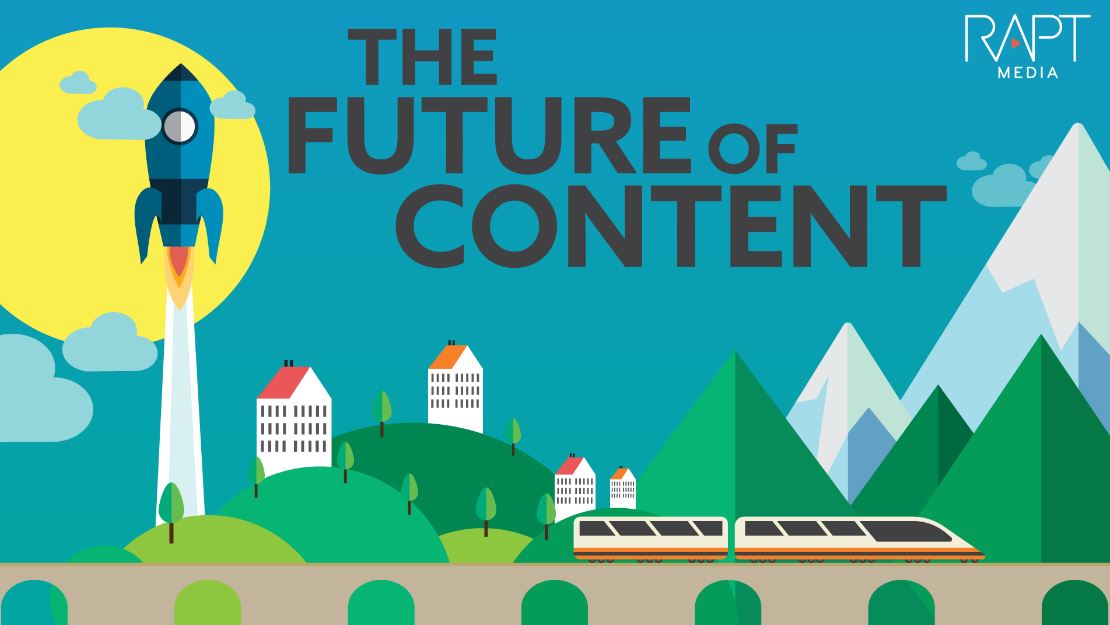Now given that you are reading this article on my dedicated site, I am hoping you are aware that I am a content marketer. So I must admit that I would probably avoid this topic if I didn’t think the future was bright, orange or, indeed, a spectacular cacophony of colours. However, this belief, whilst completely biased, is also based on a talk I heard recently by a certain Jono Alderson, who spoke at the fantastic BrainLabs digital event a few weeks ago, and with 2,465 Twitter followers is perhaps a slightly more reliable source.
Alderson’s whirlwind talk was on the future of brands, but what interested me was the future of marketing. So, I approached him afterwards for a quick synopsis, which I have detailed here with the support of some research and a little poetic flourish.
Now, there is really no doubt that companies are investing heavily in artificial intelligence that, hypothetically would be able to do my job. More accurately known as “automated writing technology” they were partly developed by AI specialists at Northwestern University in Illinois, ironically by a Professor Larry Birnbaum who also teaches at a journalism school. Talk about shooting yourself in the foot. Now whilst fear-mongers would have us believe that these robots will be able to research, create and upload content for the enjoyment of their target consumer base, and rob me of the only job available, given my rather limited skill set, this is not quite the case.
So far, the main AI content generator is Quill, whose primary USP is analysing data and converting it into content that matches your current style. According to Kris Hammond, who recently started a company called Narrative science, “by 2025 90% of all news ready by the general public will be generated by computers.” However, the important amendment here is that he does not believe this means that 90% of journalists will be laid off, rather that the amount of news stories releases will simply increase dramatically.
Basically, AI will be able to create factual content in a style that meets the expected standards of your audience. However, that is essentially its limit, because whilst these robots are intelligent, they lack human sensitivity, heart and insight. So, whilst undoubtedly they can inform, they can’t evoke, sway or inspire. Thus far that still remains an utterly human vocation; which, thankfully, no computer can take away from us.
What will the future of content actually look like? Well, I don’t have a crystal ball, and of course, this is purely conjecture. However, most likely is that we will see a far more rapid response rate to events as, almost instantaneously, robots will automatically encrypt data and release it for public consumption. When travesties like Selasi leaving the Great British Bake Off tent occur, even those Brits who aren’t able to get to a TV, will mourn in real time with the rest of Britain,
However, what seems highly implausible is that robots will be able to create a unique style of voice. And as any marketing guru will tell you, a style of voice is tremendously important – it’s what separates the wheat from the chaff and helps to build genuine client relationships. Whilst a robot might (very possibly) be able to mimic this tone, to take facts and figures and morph them into content that can bring grown men to tears, they won’t be able to create that original spark. Building a brand narrative that is nuanced, refined and targeted requires human ingenuity and sensitivity. This, hopefully means that even in 150 years when my great-granddaughter is living on a brand new planet, and taking her commute on a suspended train in a galaxy far far away, she will still be reading content that originates with us humans.

